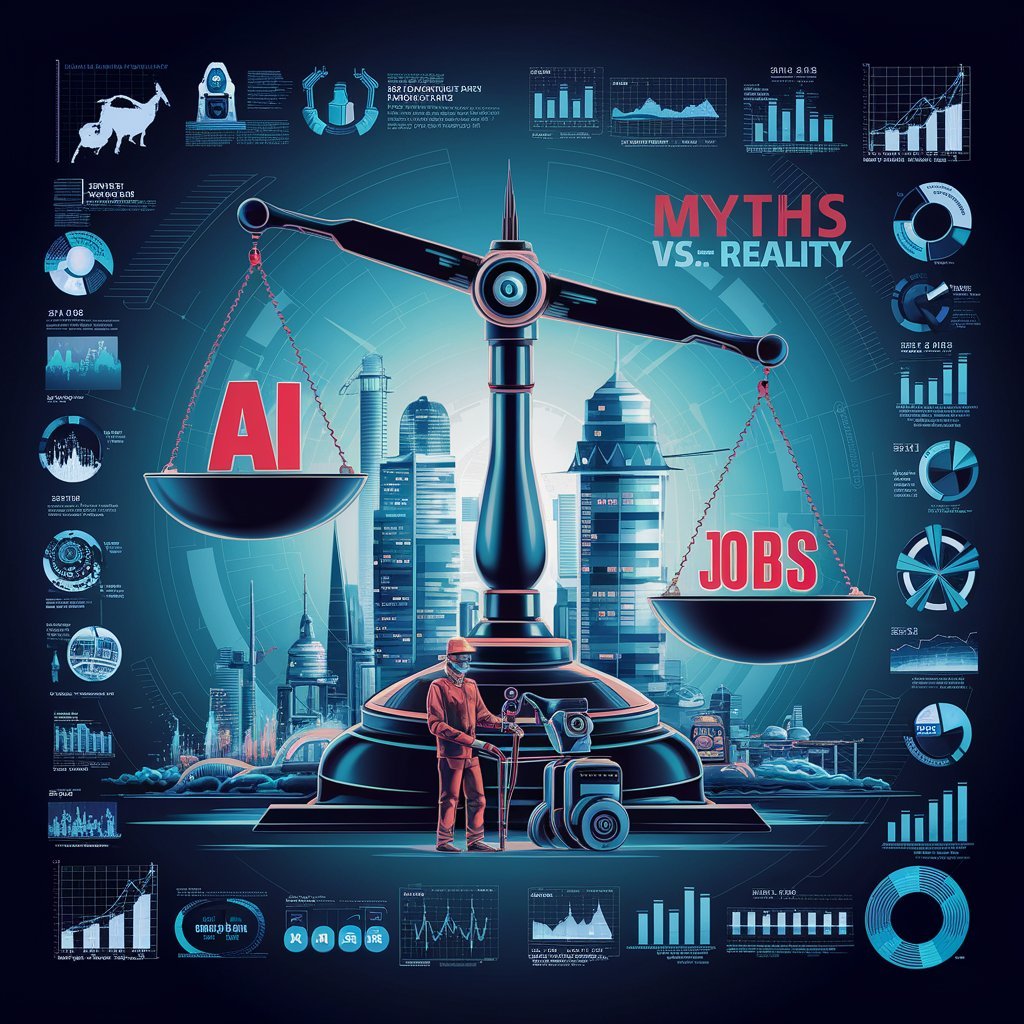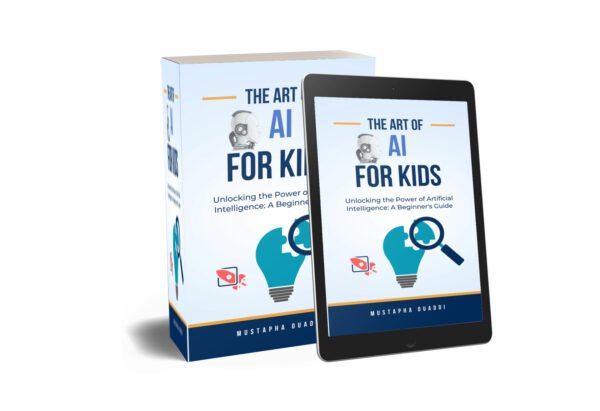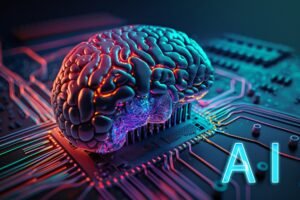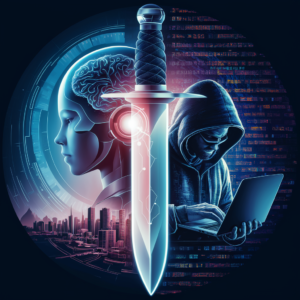AI For Kids
Embark on an exciting journey into the fascinating world of artificial intelligence (AI) with “AI Adventures.” This engaging ebook is designed to introduce children to the concepts, applications, and impact of AI in an accessible and fun way. Through interactive activities, inspiring stories, and hands-on projects, participants will discover the fundamentals of AI, explore real-world…
Introduction:
Artificial Intelligence (AI) is revolutionizing various industries, from healthcare to finance, and its influence on the job market is a topic of significant debate. While some fear that AI will lead to massive job losses, others believe it will create new opportunities and enhance productivity. In this article, we will debunk common myths about AI’s impact on the job market and present a balanced view of the reality.
Myth 1: AI Will Replace All Jobs
Reality: AI Will Transform Jobs, Not Replace Them Entirely
AI’s potential to automate tasks often leads to the misconception that it will replace all human jobs. However, the reality is that AI will primarily transform the nature of work rather than eliminate jobs completely.
Example:
- Manufacturing: While robots and AI systems can handle repetitive tasks on assembly lines, human workers are still essential for managing, programming, and maintaining these machines. Additionally, humans excel in tasks requiring creativity, problem-solving, and complex decision-making, which AI currently cannot replicate.
Myth 2: Only Low-Skilled Jobs Are at Risk
Reality: AI Affects Both Low-Skilled and High-Skilled Jobs
Another common myth is that only low-skilled jobs are at risk of being automated. In truth, AI can impact both low-skilled and high-skilled jobs by automating various aspects of work across different sectors.
Example:
- Healthcare: AI-powered tools can assist doctors in diagnosing diseases, analyzing medical images, and recommending treatment plans. While AI enhances efficiency and accuracy, the need for human expertise in patient care, complex decision-making, and emotional intelligence remains critical.
Myth 3: AI Will Lead to Massive Unemployment
Reality: AI Will Create New Job Opportunities
While AI will inevitably lead to the displacement of certain jobs, it will also create new opportunities in emerging fields and industries. The demand for AI specialists, data scientists, and professionals with expertise in machine learning is growing rapidly.
Example:
- Technology Sector: As AI technology advances, there is a rising demand for roles such as AI researchers, machine learning engineers, data analysts, and AI ethicists. These new jobs require specialized skills and training, highlighting the importance of education and continuous learning.
Myth 4: Humans Cannot Compete with AI
Reality: Humans and AI Can Collaborate Effectively
AI is not a competitor to humans but a tool that can augment human capabilities. By leveraging AI, humans can achieve greater productivity, innovation, and efficiency in various fields.
Example:
- Customer Service: AI chatbots can handle routine customer inquiries, allowing human agents to focus on more complex and personalized interactions. This collaboration enhances the overall customer experience and allows human workers to utilize their skills more effectively.
Preparing for the Future Job Market
To thrive in an AI-driven job market, individuals and organizations must adapt and embrace continuous learning. Here are some strategies to prepare for the future:
- Upskilling and Reskilling: Invest in education and training programs to acquire new skills and stay updated with the latest technological advancements.
- Emphasize Soft Skills: Develop skills that AI cannot easily replicate, such as critical thinking, creativity, emotional intelligence, and interpersonal communication.
- Adaptability: Be open to change and willing to adapt to new roles and responsibilities as the job market evolves.
Conclusion
The impact of AI on the job market is complex and multifaceted. While it will undoubtedly transform various industries and job roles, it will also create new opportunities and enhance productivity. By debunking common myths and understanding the reality of AI’s influence, we can better prepare for the future and leverage AI as a powerful tool for growth and innovation. Embracing continuous learning and adaptability will be key to thriving in an AI-augmented job market.
My E-Book Stores Links 👇
👉 Devoog : https://devoog.com/product-category/e-books/
👉 KDP : https://amzn.to/3Ju8JH6
#Programming #Ebooks #Kids #Coding #Children #TechEducation #STEM #ProgrammingForKids #Learning #Education #ChildrensBooks #ComputerScience #Technology #YoungLearners #CodingForKids #DigitalLearning #KidsBooks #EducationalResources #ProgrammingLanguages #FunLearning #parent #parenting #education #mom #ebook #programming #future #artificialintelligence #smart #job #python #datascience #kidsactivities #java #coding #eclipse #ai #chatgpt #tesla #machinelearning #deeplearning #chatbot #fyp #ecommerce #trending #instagood #photooftheday #picoftheday #instadaily #instalike #travel #nature #art #food #fitness #happy #motivation #explore #photography #instapic #style #life






